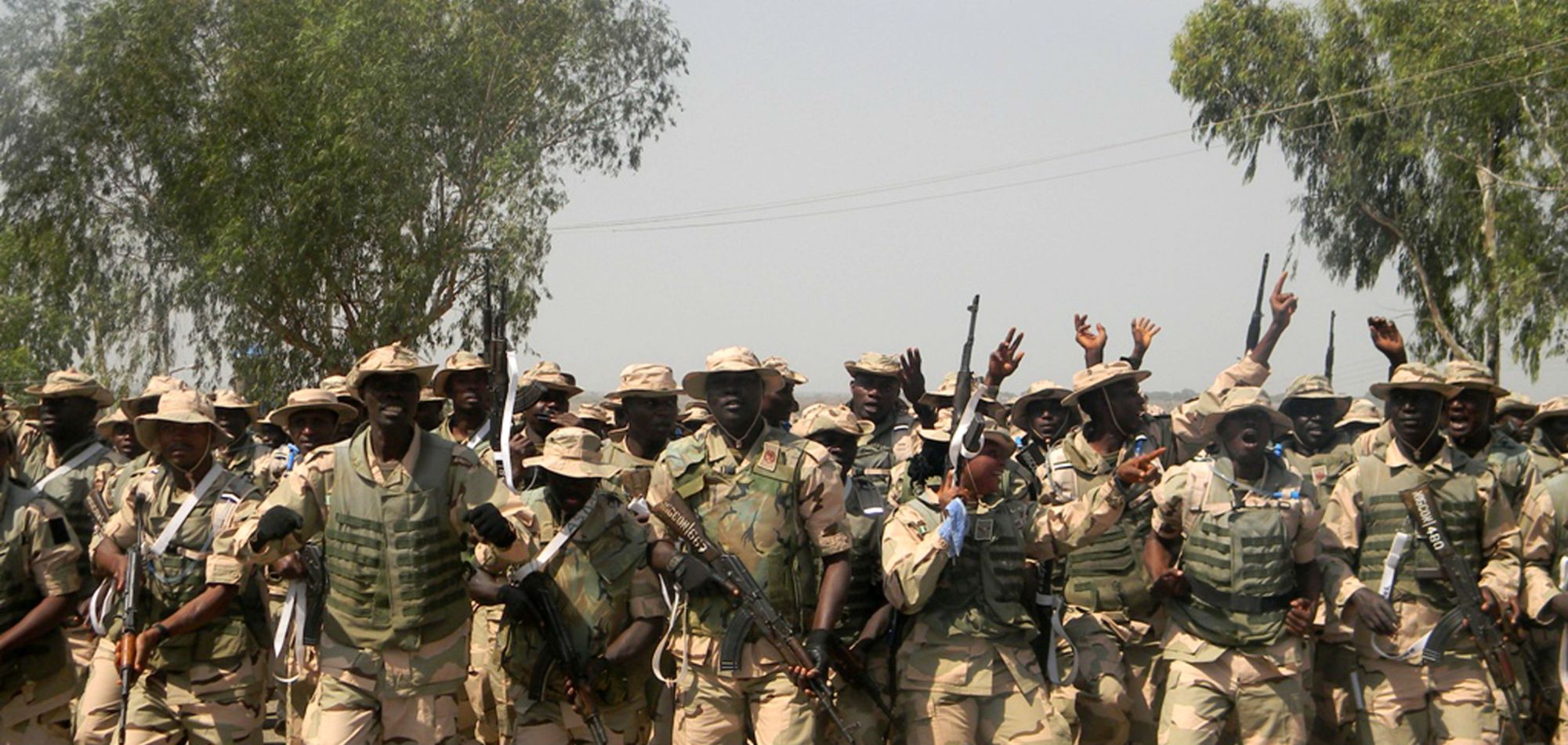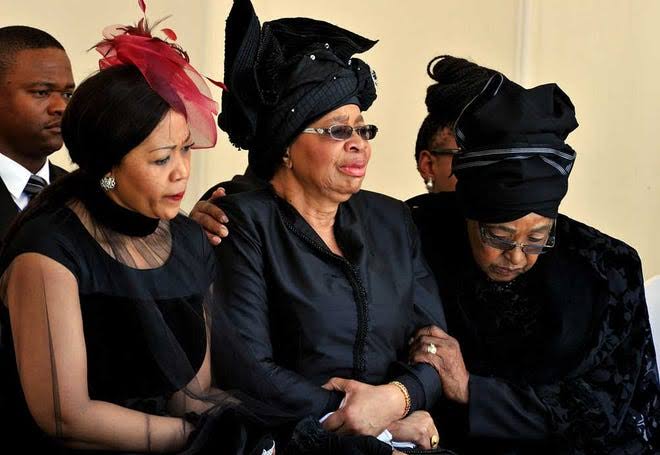By Isaac Chukwuebuka Chibuife
A group of high-ranking military officers of the Gabonese Armed Forces, announced on national television early Wednesday morning that they had nullified the country’s election results and have seized power, adding another chapter to the ongoing wave of military coups in the African continent.
This move follows shortly after President Ali Bongo was declared to have secured a third term in office.
Join our WhatsApp ChannelThis development comes as the Central African country concluded the voting process for the general election held on Saturday, August 26.
Prime Business Africa correspondent, Isaac Chukwuebuka Chibuife, has compiled a list of recent military coups on the African continent:
NIGER REPUBLIC
On 26 July of 2023, members of Niger’s presidential guard detained President Mohammed Bazoum inside his presidential palace and made a live broadcast on national television announcing their assumption of authority, citing the need to end the “deteriorating security situation and bad governance” in the country.
A few days later, the junta appointed the head of the presidential guard, Abdourahamane Tchani as the new head of state leading to apprehensions about regional security. Niger’s significant role as an ally of Western nations attempting to curb insurgencies linked to Al Qaeda and Islamic State in the region was underscored.
While the West African bloc ECOWAS attempted negotiations with the coup leaders, they also expressed readiness to deploy troops into the country to reinstate constitutional order in case diplomatic efforts failed.
Niger has formally authorized Mali and Burkina Faso’s armed forces to intervene on its territory in the event of an attack.
BURKINA FASO
In January 2022, Burkina Faso’s army ousted President Roch Kabore, attributing his removal to his inability to quell violence by Islamist militants.
Lieutenant Colonel Paul-Henri Damiba, the coup leader vowed to restore security and stability, however, the prevalence of attacks worsened, leading to a second takeover in September 2022, this time orchestrated by current junta leader Captain Ibrahim Traore.
SUDAN
In April 2019, following widespread demonstrations demanding his removal, President Omar Al-Bashir was overthrown by the Sudanese Armed Forces. Under the leadership of Ahmed Awad Ibn Auf, the army assumed control, dissolved the government and the legislature and instituted a three-month state of emergency in the nation. Subsequently, a two-year transitional phase followed before a consensus was eventually reached.
CHAD
In April 2021, Chad’s military took command of power after President Idris Deby died on the battlefield during his visit to troops engaged in combat against insurgents in the north.
Despite Chadian law stipulating that the speaker of the parliament should become president, the military council stepped in and disbanded the parliament in the name of ensuring stability.
General Mahamat Idris Deby, the late president’s son was appointed as interim president and charged with overseeing an 18-month transition to elections.
The unconstitutional transfer of authority prompted unrest in the capital N’Djamena, which was quelled by the military.
GUINEA
In September 2021, Colonel Mamady Doumbouya, a commander in the country’s special forces ousted President Alpha Conde. The previous year, Conde had changed the constitution to bypass term limits that would have prevented him from standing for a third term inciting widespread protests.
Doumbouya assumed interim leadership and pledged a transition to democratic elections within three years
ECOWAS rejected the proposed timeline and imposed sanctions on the coup plotters and their relatives, including freezing their bank accounts.
The military regime later proposed a 24-month transition in January 2023, although opposition parties argue little progress has been made towards establishing institutions and a plan for a return to constitutional rule.
MALI
In August 2020, a group of Malian colonels led by Assimi Goita staged a mutiny and ousted President Ibrahim Boubacar Keita culminating in a coup d’etat. The coup followed anti-government demonstrations triggered by escalating insecurity, disputed legislative elections and allegations of corruption.
Under pressure from Mali’s West African neighbours, the junta agreed to hand over power to a civilian-led interim government tasked with overseeing an 18-month transition to democratic elections slated for February 2022.
Nevertheless, tensions arose between the coup leaders and the interim president, retired Colonel Bah Ndaw, resulting in a second coup in May 2021, where Goita, the former interim vice president, ascended to the presidency.
ECOWAS relaxed some of the sanctions on Mali after the military rulers proposed a two-year transition to democracy and published a new electoral law. The country is now preparing for a presidential election in February 2024, signaling a return to constitutional rule.

















Follow Us